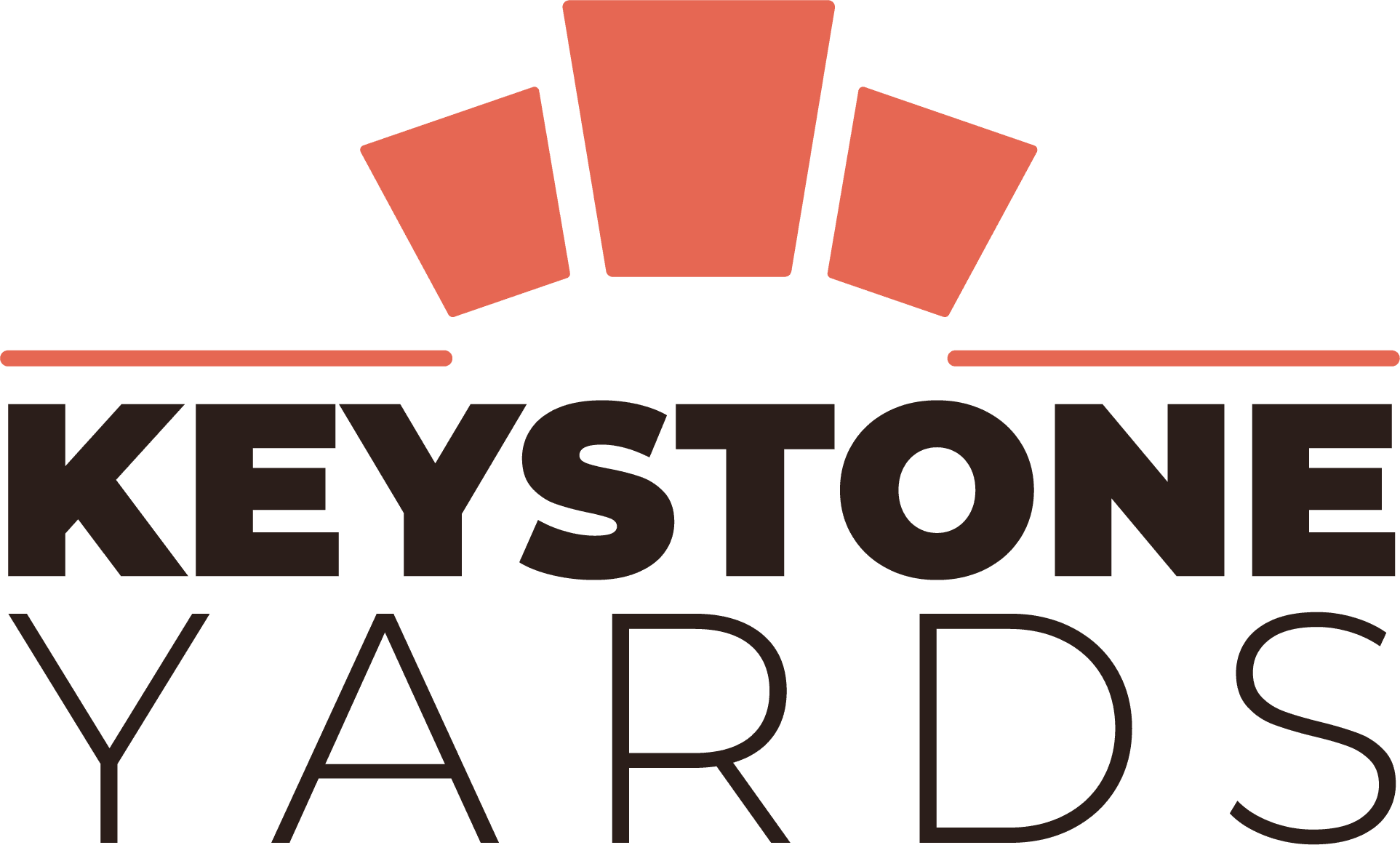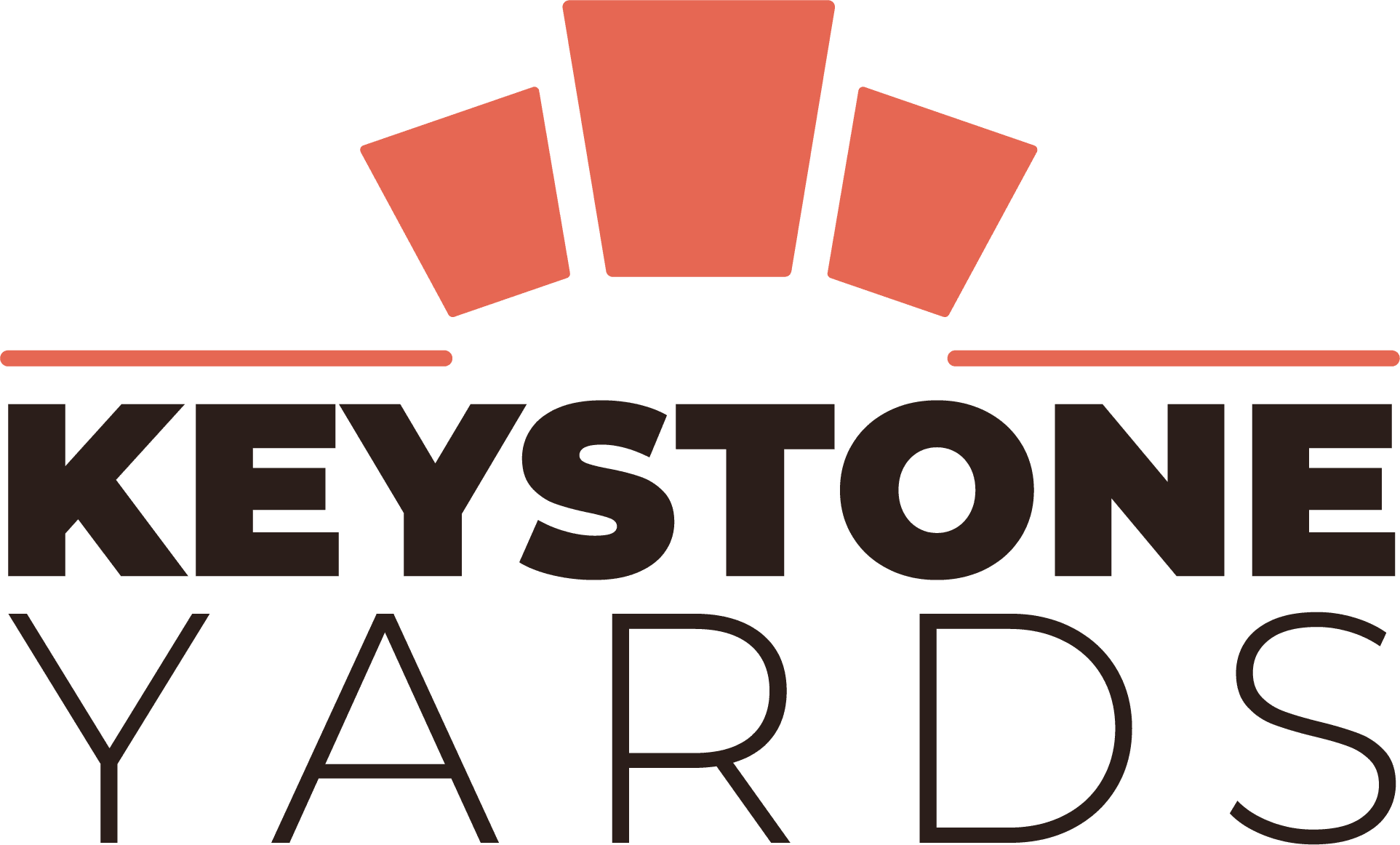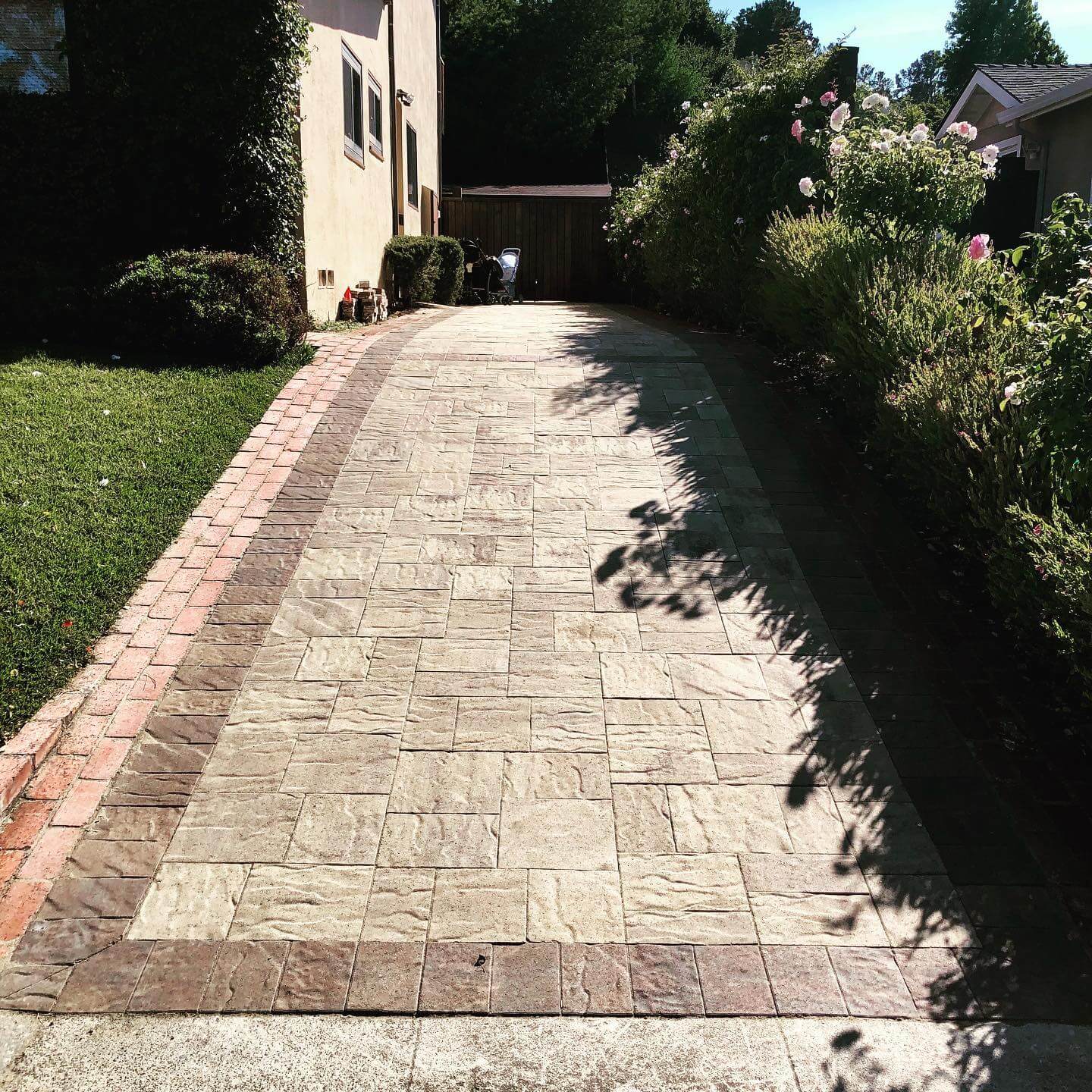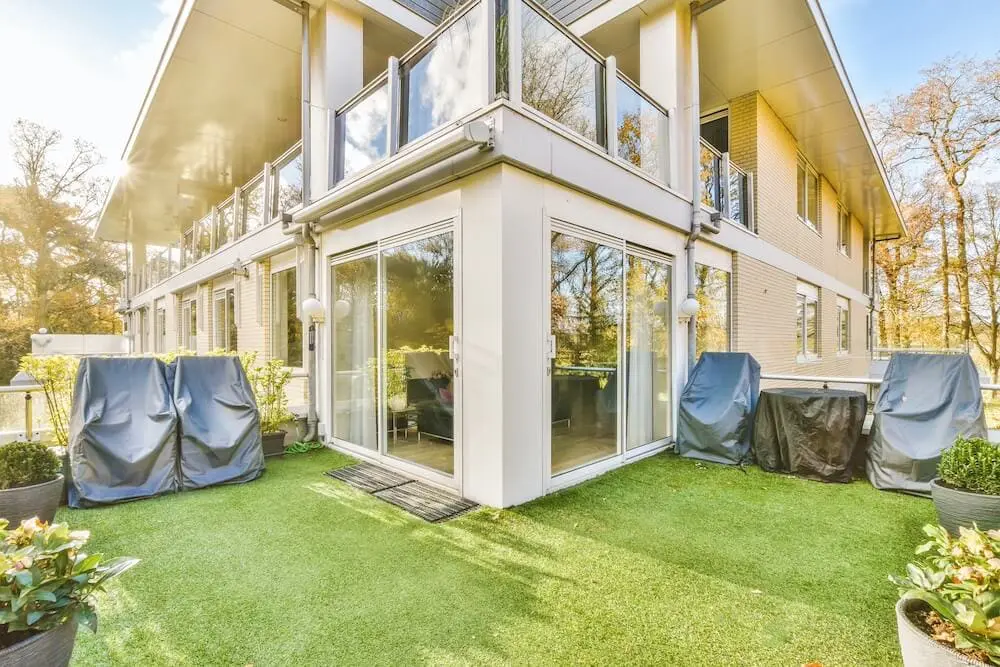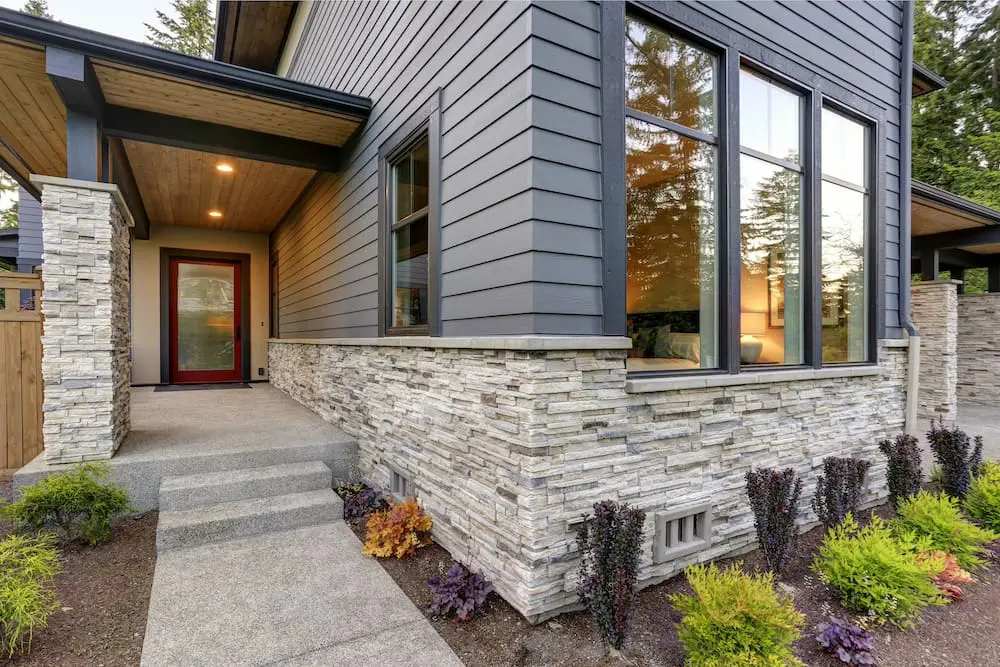
Stone Veneer Uses, Types, & Benefits
What is Stone Veneer?
Different names used for stone veneer are Architectural Stone, Manufactured Stone, or Cultured Stone. Veneer stone is engineered to look like a natural stone. This product is a slurry of Portland cement, mixture, and iron oxides roasted in the textured matrix to look like stone. Cement confers strength to the product and iron oxides provide dye. Manufactured Veneer stone should not be confused with faux veneer stone, a high-density copolymer product that feels similar to Styrofoam than stone.
A manufactured stone veneer (MSV) is a man-made material made to recreate the look and impression of natural stone.
The combination produces stone replicas with a full range of styles and usage. It can also be made of natural stone excavated from the Earth, broken into thin sections, and scaled on sheets.
Types of Stone Veneer
Three major types of veneers for domestic applications are as follows:
- Panelized: This consists of many individual stones sealed onto a single, large panel. Panelized stone veneer can often be fixed directly onto an existing wall with nails or bolts, without bonding or unique roasting materials. It can be a little more expensive than large-format veneer but it is usually much simpler and quicker to install.
- Large-format: Large, single stones are separately installed much like conventional stones. Large-format veneer pieces normally require a sticky material like mortar or concrete to bind the rocks onto a specialized backing material such as concrete board, moisture barrier, and lathe attached to the wall. Large-format stone veneer fixed this way is often called adhered manufactured stone veneer. Adhered manufactured veneers are typically more arduous and time-consuming to install and fix than panelized veneers.
- Individual pieces: Instead of strapping the stone pieces to a larger pane and adhering them to the surface, they are fixed directly on the wall. This can create a custom look.
Real Stone
Real stone is natural, 100% extracted directly from the earth, and quarrying. Nothing is put in or detached. Fieldstone or quarried stone is a familiar choice and can be cut to the required thickness to embellish your walls or sidings. You might use river stones in interlocking pavers or driveways, while blocks are used for installing a fence or wall. All types of stone come in block forms. Veneer-cut stones are either ridged stones or field stones.
Veneer Stone
Veneer stone is a slurry of Portland cement, mixture, and iron oxides roasted in the textured matrix to look like stone. Cement confers strength to the product and iron oxides provide dye. Buyers look for mixing veneer stone and faux veneer stone, a kind of high-density and quality polymer that feels more like Styrofoam than actual stone.
Also Read : Outdoor Design & Remodeling Services
Differences Between Natural Stone and Veneer Stone
Structural use
Though natural stone can be used to build entire architecture, this is hardly seen in modern structures. Moreover, natural stone, like sandstone, is very frail and will shatter under high pressure. Any type of veneer stone will be far too fragile to use materially. While veneer stone can bear its weight, it wasn’t designed to hold any additional weight.
Weight, size, and thickness
Real stone typically has two sizes to choose from within the consumer market: full-size blocks and cover stones. The full size is meant for providing coverage and includes one to two retaining wall blocks. Natural stone is much denser than veneer stone. To put this into position, a single natural veneer fieldstone weighs about 12-13 pounds per square foot, while manufactured veneer stone will weigh less than 4-5 pounds per square foot.
Contrary to this, veneer stone starts at 2-2.5 inches in thickness and can go as thick as 7-8 inches. Face sizes of manufactured veneer stones are also different. If you’re looking for fine, lighter stone, then the manufactured stone option might be better for your home.
Appearance
The manufactured veneer stones have affordability drawbacks. While veneer stones are lightweight, durable, and can be trimmed rather thick, when it comes to appearance, the structuring, texture, and colors can be repetitive, nothing like the exclusiveness of natural slab rock. Furthermore, you need to think about the cost of restoring the veneer stone, since colors will fade with time.
Meanwhile, natural stone does not dim in sunlight and can have a variety of colors, patterns, and elements to give your residence great aesthetic appeal.
Durability
One of the objectives for considering natural stone versus manufactured stone cladding is the differences in long-term performance, resilience, and durability. Natural stone is a little more porous than manufactured veneer stone, meaning that the latter option can begin to worsen over time. Dirt, sunlight, rain, and wind erosion badly affect manufactured veneer much more than real stone.
How Hard is the Installation Process?
The simplicity of installation is the greatest benefit of using a cultured stone veneer, essentially due to its weight and density. Manufactured stone is lighter, easier to trim, handle, and transport, and can be installed on a greater variety of substrates, even accent walls. Architectural, manufactured stone is better than natural stone for manual installation.
Natural stone, however, can only be installed on concrete, porous stone, or block. A metal beam and scraped coat are needed to allow thin sheets to grip fittingly if you’re installing them on a smooth surface. Using real stone for walls is also more challenging because natural stone is heavier and therefore harder to cut than cultured stone.
Where is Manufactured Veneer Used?
The manufactured stone is highly versatile. Here are some locations where the stone veneer is added as an aesthetic feature.
Walls
Manufactured veneer is commonly used in both indoor and outdoor walls. Accent walls or an entire exterior wall can also be designed with stone veneers.
Outhouses or Outbuildings such as sheds and garages
Manufactured veneers can also be used on outhouses and outbuildings, such as sheds and garages. The exterior manufactured stone veneer is best for this.
Fireplaces & Firepits
Manufactured veneer is often used on fireplaces and firepits. It can help to create a more realistic and rustic appearance. It is also fire-resistant and weather resistant, which is always a reward.
Grilling canopy & outdoor kitchens
A manufactured veneer is also the best choice for grilling canopies and outdoor kitchens. It’s reliable, which means it can bear the grilling heat and is easy to clean and rinse.

What are Some Ways to Use Interior Stone Veneer in the Home?
Stone veneers can be used on the inside and the outside of your house, and you can easily find design inspiration as stone veneers come in a variety of designs. You can add landscaping stone in your indoor living space, interior kitchens, living rooms, or a retaining wall.
It also makes for a great interior element wall or in a stone veneer firepit application. You can even use it in a bathroom, staircase, backyard, or entryway, or make a unique focal point.
The Differences Between Manufactured Stone Veneer & Thin-Cut Natural Stone
Although there are a lot of similarities between the manufactured stone veneer and natural stone, there are also some key differences which are discussed as follows.
Price
One of the biggest differences between manufactured veneer and natural stone is the price. Manufactured stone is generally more economical than thin-cut natural stone.
Installation process
Another main difference is the installation method. Manufactured stone veneer is much simpler to fix than thin-cut natural stone.
Visual appearance
The visual appearance of both is also different. Manufactured stone has a more steady look, while thin-cut natural stone has a more random, rusty natural look.
The Number of Contemporary Forms Is Growing
As the popularity of Manufactured veneer continues to boost you’re no longer limited to familiar rectangular stone shapes. Various options like square stones, round stones, and even stone mosaics are available now.
Improved installation speed
As technology advances, so does the installation speed of the stone. It’s now possible to fix an entire wall in just a few hours. This is a big achievement from the days when a single wall would take days or even weeks.
Long-term color & texture durability
Manufactured veneer is also becoming more durable and resilient. The color and texture now can withstand the test of time, meaning your investment will last for more years to come.
Get Details about Our Outdoor Design & Remodeling Services
Benefits of Stone Veneers
Natural elements look great in homebuilding. People love the earthy elegance endured by organic rock, whether it’s a veneer wall, natural wood cabinets, a comfy wood deck, or a decent stone patio. If it is a natural rock siding you want, but the price, weight, and installation are a little costly, this may be an ideal option.
Cost
Deciding on natural veneers is more economical than real stone block buildings. And while they can be a little expensive as an initial purchase, their durability, strength, and the long-term price value they add to a home or building makes the best investment.
Lightweight
Not only are the stones cheaper, but also they require less structural reinforcements as in the case of natural stones. Veneers aren’t as heavy, so you can add them to existing walls or fire pits without worrying about structural changes. They’re also easier to manage, transport, and fix than traditional stone masonry. But you need to install a metal beam and a layer of mortar to fix the veneers, but it’s an easy process.
Durable and long-lasting
These are surprisingly robust, durable, fire-resistant, long-lasting, eco-friendly, and recyclable. Moreover, they increase the aesthetic value of a home and are practically maintenance-free.
Great for interior design
When stones are used for interior designing, they can add accents that create a theatrical pop to the look and feel of your property. They come with an extensive range of textures, finishes, dimensions, and stone types, as well as unique or fine color variations.
Finding the suitable stone for you
So, whether you are considering a simple finish, color choice, or multi-shade fieldstone, you are likely to find the right one of your choice.
